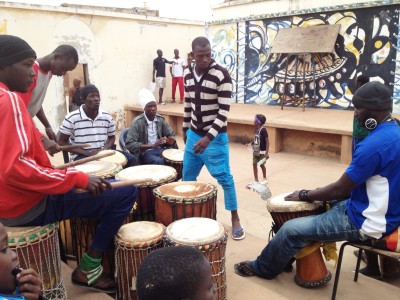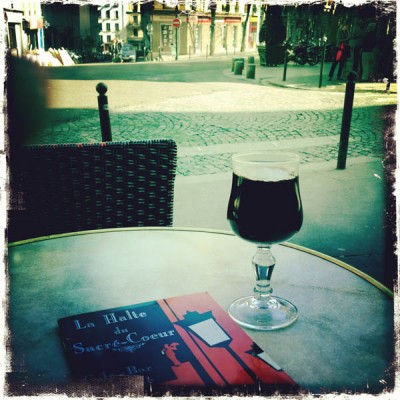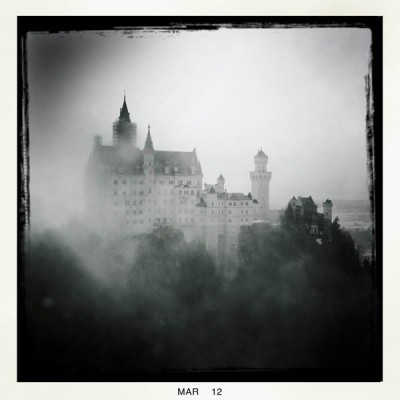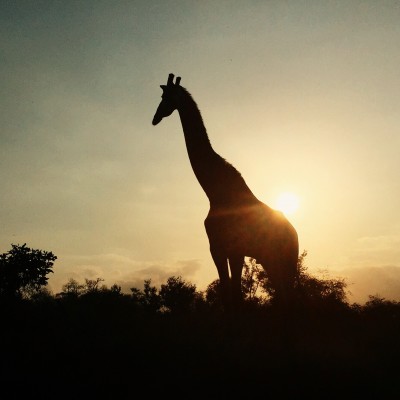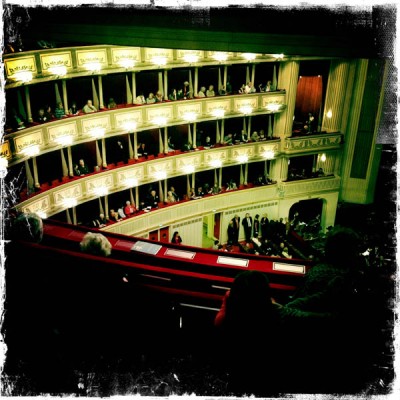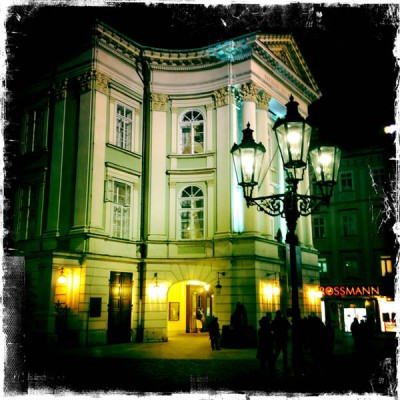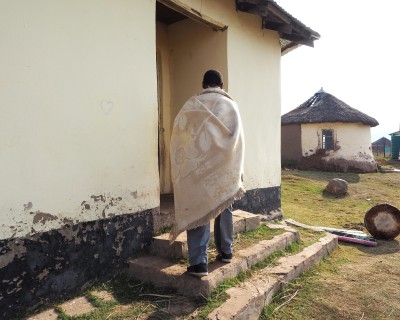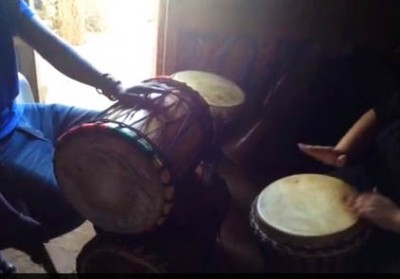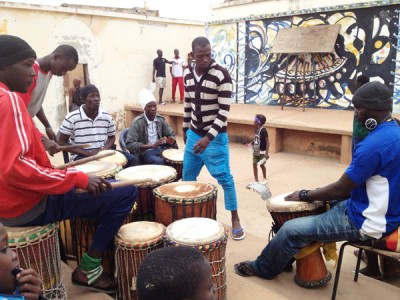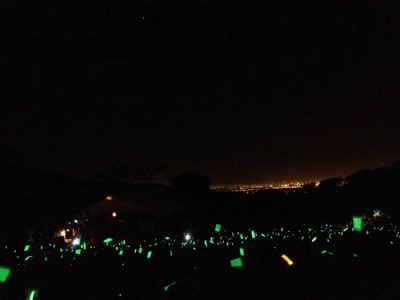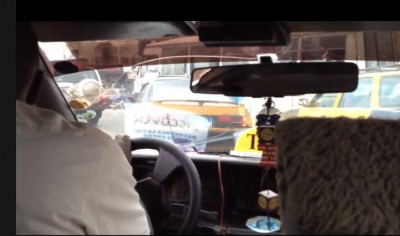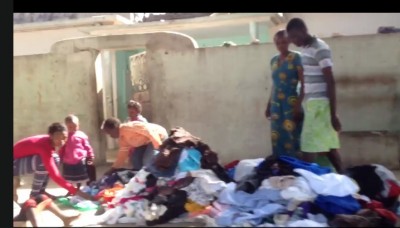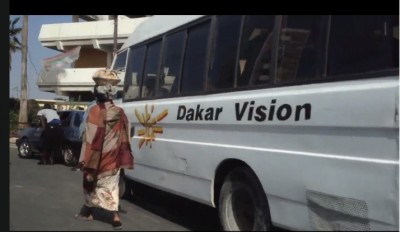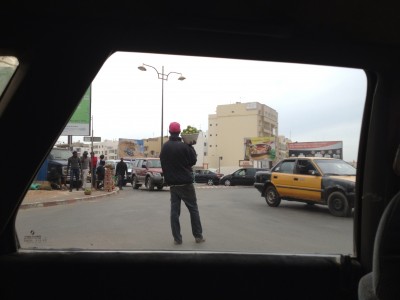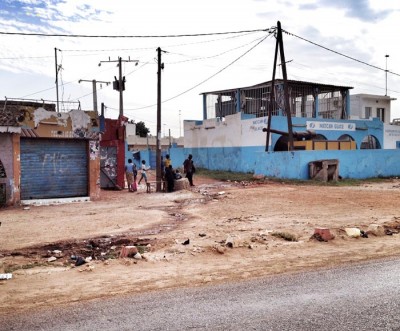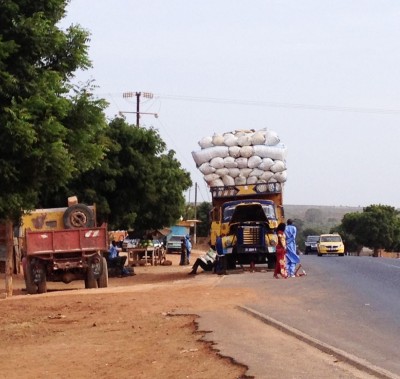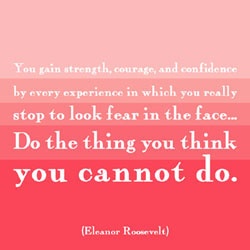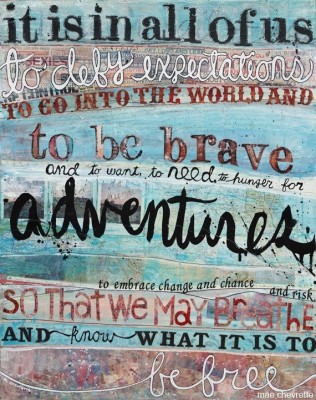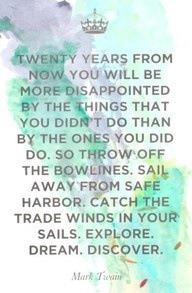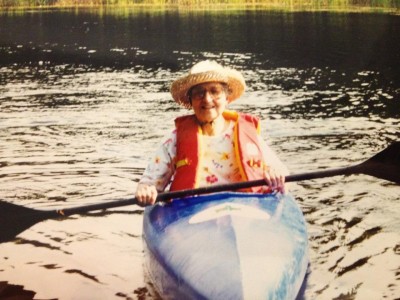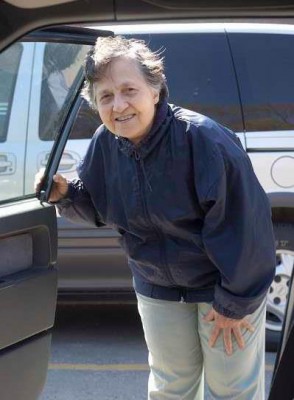Adventures in Dakar, Senegal
Le Centre Culturel c’est là the taxi driver announced.
C’est le Centre Culturel Derkle? I ask.
Non, c’est le Centre Culturel Americain
Derkle? He sounded confused.
I think back to my conversation with Amina, the nanny at my friend’s house. She also thought I was going to the American cultural centre. Maybe it’s the one most visitors go to in Dakar. I remembered that I saw ‘liberté six’ on the map when I showed her the location.
Now in the taxi and somewhat lost, I pull the map out of my travel bag and show it to him while pointing to The Derkle Cultural Centre.
C’est là, en liberté six.
Ah, oui, je le sais maintenant.
Ndiaye smiles and turns the taxi around as he knows where to go now. Relief spreads over me. For a moment, I imagined myself lost in Dakar and not being able to explain where I wanted to go. Senegal is the first place I’ve ever been where English speakers were difficult to find, a new experience for me.
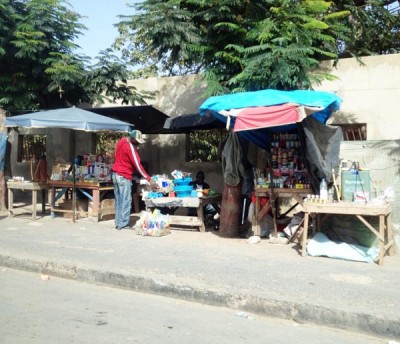
We pull up to a rose-colored building in the middle of a residential neighbourhood in Dakar. There isn’t a tourist in sight.
C’est ici says, Ndiaye. I look around and hesitantly step out of the familiarity of the taxi and Ndiaye.
Merci Ndiaye, je vais vous répondre ici à six heures
D’accord, à six heures
Thanking him as I get out of the taxi, we make plans to meet at 6 o’clock that evening. I know that it’s the correct place as I spotted a sign before leaving the car.
There is a gated entry way; I walk through. A circle of senior women are on my right. They gathered in the shade of a tree. I can hear them talking, but I don’t recognize the language. I wonder if it’s Wolof. I want to stop and interact with them, but I have a class to attend, and I’m not sure where I need to go.
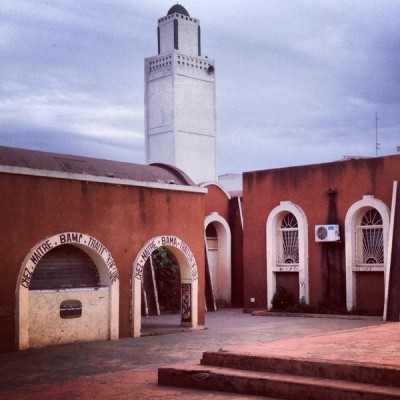
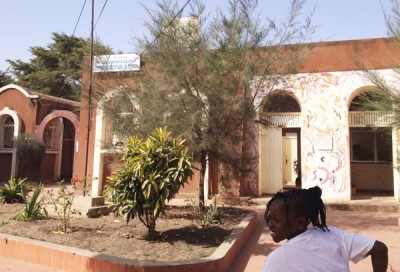
I continue and am now in the courtyard of the building. There are many rooms; they appear to be classrooms. I wonder where everyone is. I try to look for a sign
that may point to where I’m supposed to go for my Djembe lessons, but there are none. I wander around and try and listen for the sound of a drum, but again, nothing.
I go back to the front of the building and search for someone that may know where I need to go. It looks like I’m at the front office, but I’m not certain. I step inside.
Bonjour? I call out. Suddenly a man appears from a back room. Bonjour.
Savez-vous Ibou? J’ai des cours de djembe avec lui.
Non, je suis désolé mais je ne le connais pas.
I’ve just asked if he knows Ibou, the man I’m supposed to meet. He tells me that he’s sorry but doesn’t know him. I thank him and say goodbye. The only person who seems to know anything about the place doesn’t know the person I’m supposed to meet.
I’m not even sure where I am in Dakar. I don’t know how far away my friend’s house is, and I wonder if there is a local bus nearby but then I don’t know how to get back to my friend’s house. I don’t have a transit map, and I don’t have a data connection as I couldn’t get my Senegal SIM card to work. I don’t even have Ndiaye, the taxi driver’s number, and I’m not sure I can speak French well enough to get me to where I need to go. Suddenly, I feel ill-prepared, and a bit of panic begins to set in.
I take a deep breath.
Okay Andrea, relax. Think. You are more prepared than this; you can handle this. In my excitement, I forgot that I was supposed to call the drumming instructor when I arrived. Good thing I added an Africa phone and text plan to my iPhone the night before since my local SIM didn’t work. I look on my phone, and there’s the information I need. I dial the number. A voice answers.
Salaam alaikum
Alaikum Salaam. Hello, is that Ibou?
Yes, this is Ibou
Great! It’s Andrea; I’m here at the front.
Okay, I’ll find you there
I exhale.
